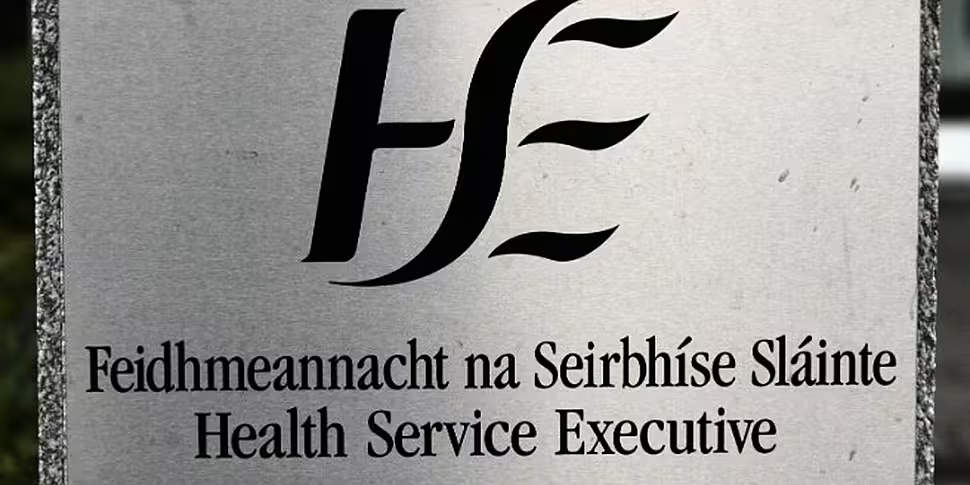A leading health expert has warned that nobody is counting the number of hours consultant doctors commit to public patients.
A new RTÉ Prime Time investigation has found that patients in the public sector are facing significant waiting times because many consultants are spending too much time treating private patients.
Under their 2008 Hospital Consultants' Contract, hospital consultants were awarded significant pay increases provided they agreed to limit their private practice.
The deal saw most consultants agreeing to work between 37 and 39 hours per week, in exchange for a top basic salary of €240,000 a year.
As a result the majority of consultants should only be undertaking 20% private work.
The RTÉ investigation, broadcast last night, found that consultants at 14 out of 47 acute hospitals are exceeding that limit and, as a result, over 43,500 public patients missed out on treatment to private patients between 2015 and 2016.
In a statement this afternoon, the HSE noted that hospital consultants do have a right to treat private patients – claiming that many actually work beyond their contracted hours in the public sector.
Central database
However, on The Pat Kenny Show this morning, DCU Professor Anthony Staines said no one is officially counting their hours:
“This information is not collated centrally,” he said. “This is supposed to be run by the hospital groups and the hospital groups are really just getting established, they are getting their feet wet now, so they haven’t been in a position to manage this.”
He noted private practice is a “significant source of funding” to many hospitals, adding that the system encourages hospitals to treat more private patients.
As a result, he said, the length of time spent between private and public patients is “not being effectively managed and recorded.”
“Fundamentally wrong”
Speaking this morning, the co-leader of the Social Democrats Róisin Shortall warned that there is something “fundamentally wrong” with Ireland’s health service.
She said last night’s revelations are a terrible indictment of our health infrastructure – adding that the system as it stands is failing some of the most vulnerable people in our society:
“Other countries that are poorer than us, that spend less, can have a properly functioning system,” she said.
“So there is something fundamentally wrong with the way in which we provide services.
“That is principally in relation to the two-tier nature of it but also that there is no accountability and the people that are supposed to be doing public work are not doing that work in significant quantity.”
Deputy Shortall was chair of the Oireachtas Future of Healthcare Committee which recommended the ten-year Sláintecare plan to reform the health service.
The plan recommends a phased elimination of private practice from public hospitals – with the aim of establishing a universal, single-tiered service over the next ten years - delivered on medical need instead of on ability to pay.
HSE statement
The HSE statement this morning said Ireland’s “unique and complex health system” poses a number of challenges for the public side of the sector.
It noted that monitoring the disparity between public and private hours is a complex task, with a range of services delivered in different facilities across each hospital group.
“The HSE expects all consultants to adhere to the requirements of their contract,” it said. “Not doing so is unacceptable and each Hospital Group is required to monitor and ensure the contracted public hours are being delivered by consultants.”
The executive said it had asked RTÉ to share any evidence it is holding regarding non-compliance with the consultant contract, “so that it can be fully investigated and addressed as appropriate.”
RTÉ has yet to respond to the request, according to the statement.









